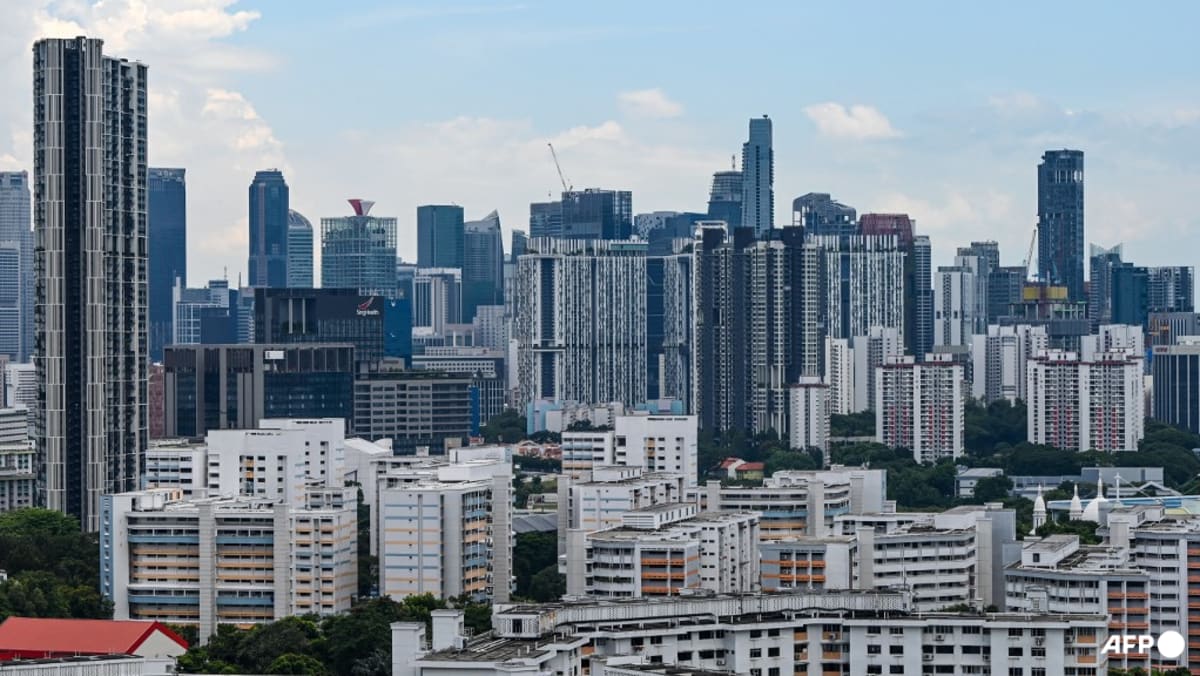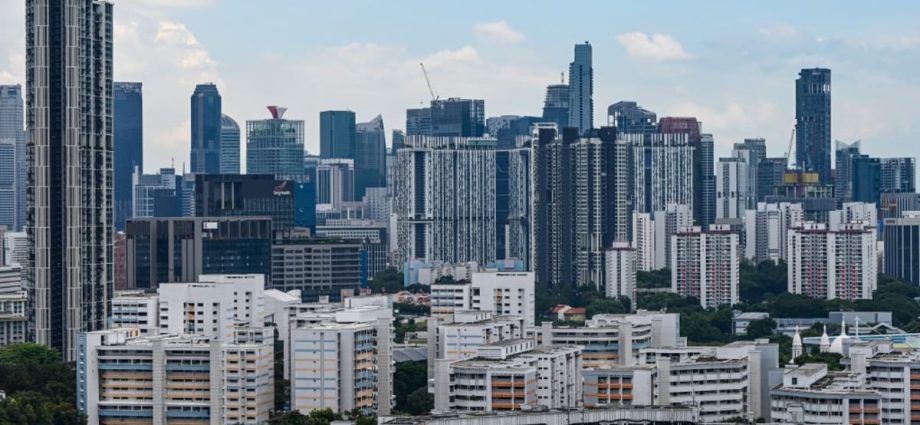
SINGAPORE: The interest rate set for the government refunds of wrongly collected Goods and Services Tax (GST) was determined by the average prime lending rate offered by major financial institutions here.
This was made known by Transport Minister and Second Minister for Finance Chee Hong Tat in parliament on Monday (Feb 26), as he responded to a question from MP Lim Biow Chuan (PAP-Mountbatten) on how the interest rate was computed.
Earlier this month, the Finance Ministry said six government agencies had erroneously levied GST on 18 fees for regulatory services, ranging from application fees for professional licences to administrative fees for renting out public flats.
The government said it will refund the erroneously charged GST with interest of 5.5 per cent per annum.
Mr Chee noted that the interest rate is the “average prime lending rate” compiled by the Monetary Authority of Singapore from major banks and licensed finance companies.
According to the Association of Banks in Singapore, a prime rate is the lowest lending rate at which a bank is prepared to lend in Singapore dollars to its best customers on an overdraft or demand basis.
Prime rates are determined by banks based on their cost of funds, alongside a spread to cover credit risks, operating expenses and a desired return on shareholders’ funds, the association’s website said.
The error was first uncovered last November during an internal review conducted by the Ministry of Finance (MOF).
GST is generally levied on government services. For example, fees for the use of public sports facilities or the rental of hawker stalls are subject to GST. However, it should not be charged for services that are regulatory in nature.
At the moment, government agencies, like businesses, get to assess and decide whether or not to impose GST on their fees based on broad principles and guidelines set out by MOF. In this case, the six agencies had wrongly determined their fees as taxable provisions of services, the ministry said.
The agencies in question are the Housing and Development Board (HDB), Land Transport Authority, Urban Redevelopment Authority, Singapore Food Agency, Office of the Public Guardian and Council for Estate Agencies.
HDB alone accounted for more than 70 per cent of the 200,000 erroneous charges each year.

